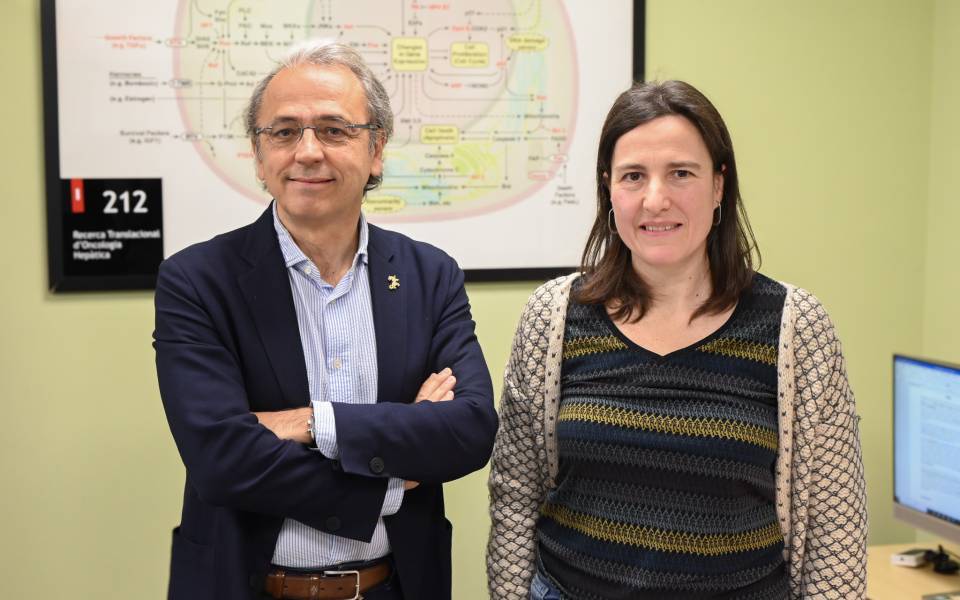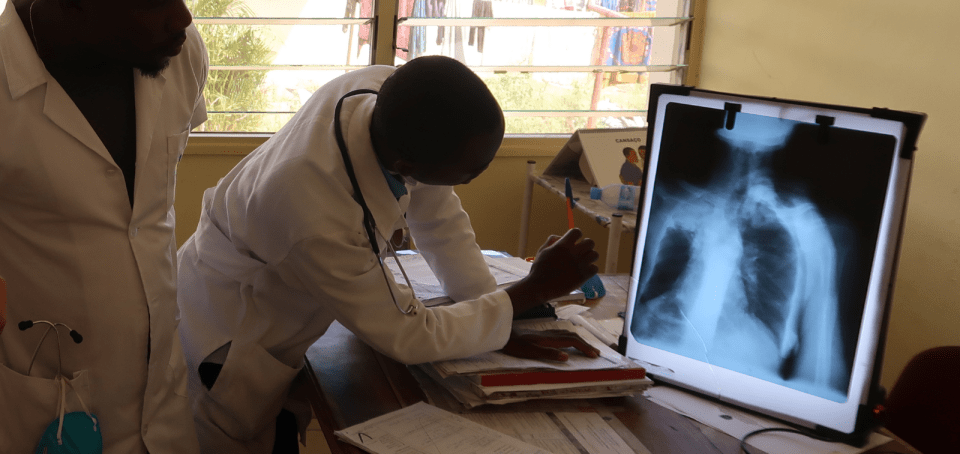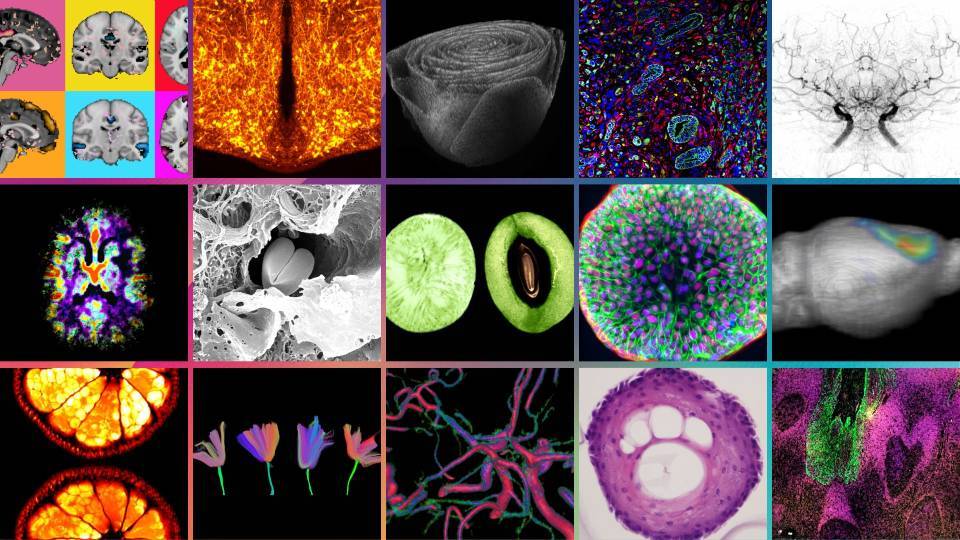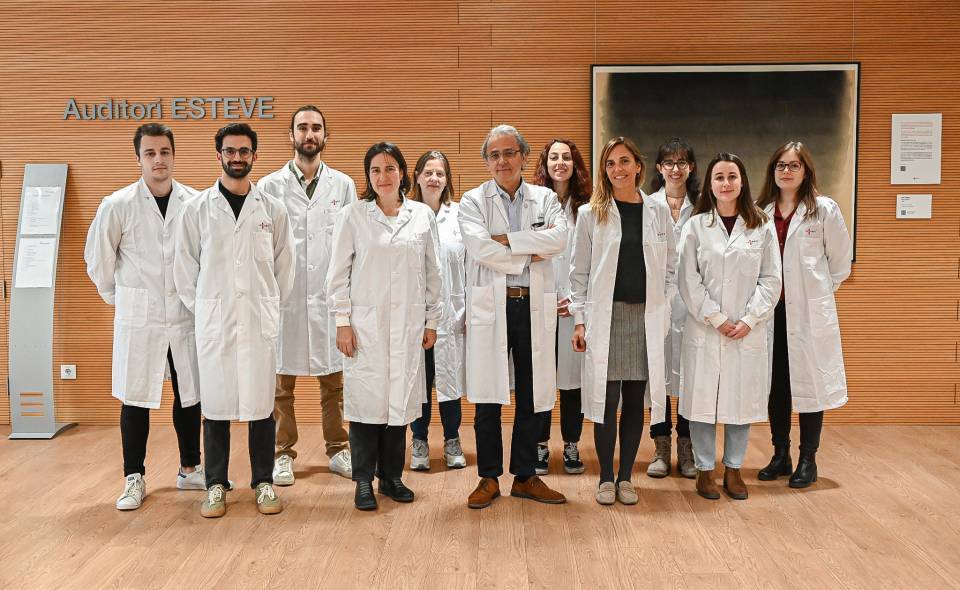The article is led by Josep M. Llovet, head of the IDIBAPS Translational Research in Hepatic Oncology research group, professor of Medicine at the University of Barcelona, professor of Medicine at Icahn School of Medicine at Mount Sinai, and ICREA professor. The co-authors are Roser Pinyol, assistant researcher in the same group at IDIBAPS and associate professor at the University of Barcelona, as well as researchers from Johns Hopkins University, Southwest Texas University, UCLA and Icahn School of Medicine at Mount Sinai (USA), Hebrew University (Israel), and Osaka University (Japan).
Hepatocellular carcinoma (HCC) is the most common type of primary liver cancer, representing the third leading cause of cancer-related deaths after lung and colorectal cancer. This type of cancer usually develops in people with chronic liver disease such as cirrhosis of the liver. At present, the most frequently used therapies for early-stage HCC are surgery (resection or transplantation) and ablation. Although 30% of the patients achieve good survival rates with this treatment, the 3-year recurrence rate is 30-50%.
"The combination of surgery with adjuvant immunotherapy, after surgery, was shown to improve disease-free survival rates in the last IMbrave 050 phase III study -says Josep M. Llovet. In other tumours such as lung or melanoma, neoadjuvant treatment before resection has obtained significantly better results than adjuvant treatment, a strategy that is currently being explored in HCC".
Adjuvant therapy
According to the article led by Hospital Clínic-IDIBAPS researchers, the IMbrave 050 trial is the one that has achieved the best results. This phase III clinical trial tested the so-called adjuvant therapy, in which the patient is treated with immunotherapy after the resection of the main tumour to eliminate any possible secondary tumours and residual cancer cells.
More specifically, two immunomoduladory drugs were used in this study: Atezolizumab, an antibody that helps activate the immune system, and Bevacizumab, another antibody that prevents the formation of blood vessels that provide nutrients to tumours. Based on the results achieved to date, this treatment activates the immune system because it eliminates cancer cells, which results in a significant increase in disease-free survival after intervention.
Josep M. Llovet says that "these results are one of the greatest breakthroughs in the management of patients with hepatocellular carcinoma in recent years, and it is the first positive study ever published on adjuvant treatment. The combination of Atezolizumab and Bevacizumab has proven to be effective, opening up new possibilities for affected patients”.
Neoadjuvant therapy
In parallel, studies have also shown great efficacy with so-called neoadjuvant therapy, in which immunotherapy is administered before surgery. As explained in the review, initial approaches have shown that this type of strategy activates a greater number and diversity of immune system cells, which makes the response against tumours more effective.
A variant of this procedure is the use of vaccines, which train the immune system to recognize tumour cells. “Phase II clinical trials of vaccines against cancer in patients with melanoma or pancreatic adenocarcinoma have already shown signs of efficacy, and these approaches are currently being explored in the treatment of HCC”, explain the authors.
Biomarkers to predict the efficacy of immunotherapy
Candidates for adjuvant/neoadjuvant therapy are those with a higher risk of tumour recurrence after surgery. This risk is currently assessed based on the size of the tumour, its vascularization and its degree of differentiation, but biomarkers are needed to hep us predict what the patient’s response will be.
“The clinical trials with adjuvant and neoadjuvant therapies that are being carried out at present are a great opportunity to identify new precision biomarkers. At present, studies are already obtaining tissue and blood samples from all patients, a fact that will allow for the identification of markers that predict response to immunotherapies", explains Josep M. Llovet.
In the article, not only biomarkers present in the tumour tissue are proposed, but also the detection of tumour cells circulating in the blood or the analysis of circulating-free DNA, among other approaches.
The authors stress that doctors must bear in mind that some patients will only be cured with resection and, therefore, before administering adjuvant therapy, a risk/benefit assessment must be made of what the latter will contribute.




